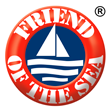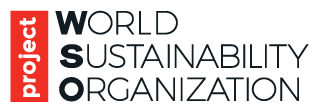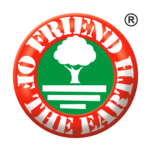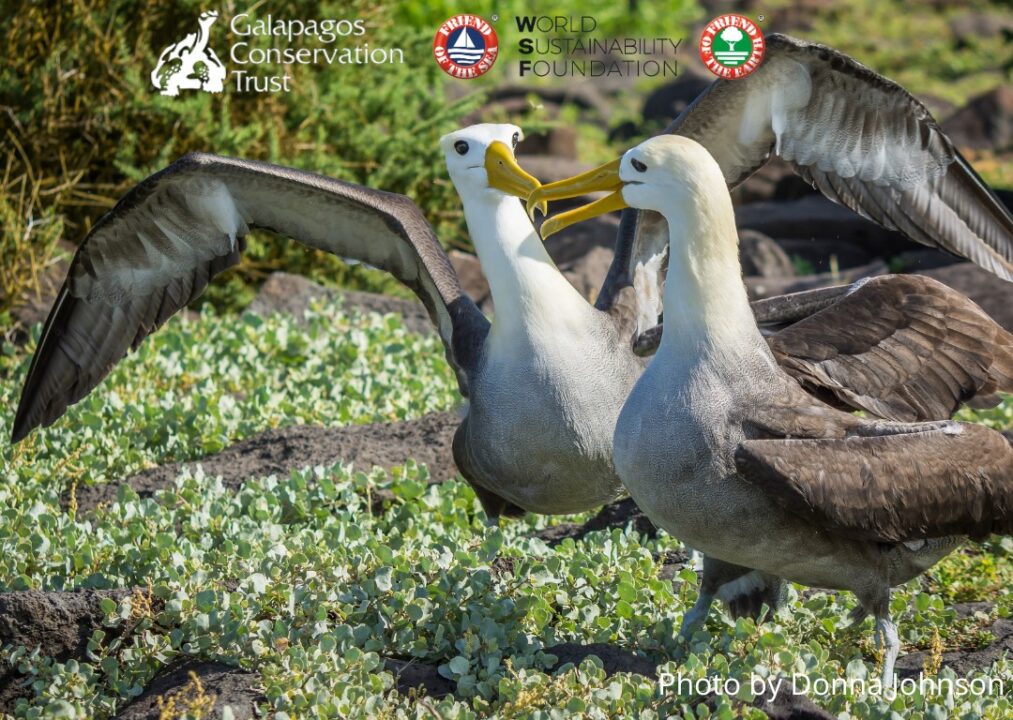Imagine a sunny paradise in the Pacific Ocean called the Galapagos Islands, where cool animals like albatrosses roam freely. But there’s a not-so-cool problem lurking around: plastic pollution.
In the realm of Galapagos conservation, World Sustainability Foundation (WSF) offered Galapagos Conservation Trust (GCT) its support on the pressing issue of plastic pollution, particularly concerning the protection of the waved albatross and other endemic species. This collaborative endeavor, since 2022, has yielded progress in the ongoing battle to safeguard the Galapagos’ ecological diversity.
The albatross, with its impressive wingspan spanning up to two and a half meters, stands as a cornerstone of the Galapagos ecosystem. Yet, the survival of these majestic birds is jeopardized by various human activities, including detrimental fishing practices like long-lining, even within the confines of the Galapagos Marine Reserve. Additionally, albatrosses face threats from marine pollution, oil spills, and targeted harvesting for consumption and plumage.
In response to these complex challenges, Galapagos Conservation Trust has led various conservation initiatives, collaborating with local communities, scientists, and organizations across the archipelago. WSF’s contribution supported the initiative, particularly in conducting analyses to understand the impact of plastic pollution.
Through the partnership between WSF and GCT, resources and funding have been channeled into the examination of plastic debris retrieved from Galapagos’ beaches. This research aims to pinpoint the sources of pollution and evaluate the risks posed to albatrosses and other marine species. The insights gained from this analysis, consolidated into a comprehensive database, have been shared with the management of the Galapagos National Park, contributing to the Plastic Pollution Free Galapagos initiative led by GCT.
The meticulous classification of over 2,000 plastic items collected from Galapagos beaches has significantly enhanced our understanding of primary sources of pollution and major threats to albatrosses and other marine life. WSF’s support also enabled the employment of Jen Guy at the Galapagos Conservation Trust as a research intern, whose analysis of plastics from drone surveys provided invaluable data on the distribution of plastic debris across Galapagos beaches previously unexamined for pollution.
These findings, alongside broader research conducted under GCT’s Plastic Pollution Free Galapagos programme, will be incorporated into a forthcoming report scheduled for publication in 2024. Among the preliminary findings highlighted in this report are instances of entanglement or ingestion of plastic by 52 species, including 20 endemic to Galapagos, and the detection of over 2,500 microplastics per square metre on the most polluted beaches; 69% of plastic items found on Galapagos coastlines are single-use items, and one third of those items are linked to drinks. One third of bottles found on beaches are water bottles; More than 95% of plastic found on Galapagos coastlines is likely to originate from outside the Galapagos Marine Reserve.
As we confront the escalating threat of plastic pollution, WSF’s dedication to conservation serves as an inspiration. Through collaborative efforts, we can protect the albatross and uphold the ecological integrity of the Galapagos Islands for generations to come.
We invite you to join us in our mission to preserve and safeguard this natural treasure for the benefit of all.
To learn more on how to support the initiative contact info@worldsustainabilityfoundation.org




